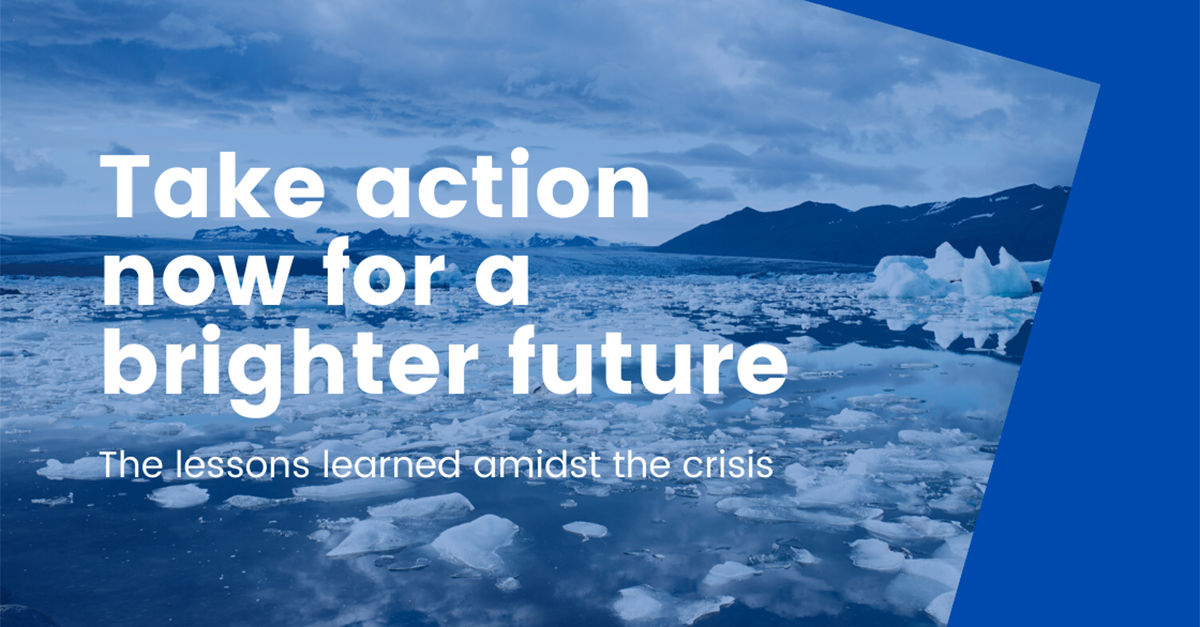The coronavirus (COVID-19) pandemic is hitting the world hard. Unfortunately, hundreds of thousands of people have died while millions have gotten sick. And when even British Prime Minister Boris Johnson was close to losing his life to the disease, you realize that nobody is safe.
At the same time, we must consider how fast the governments around the world have reacted and how every person in the world has made sacrifices to make sure that the people around them are safe. It is not easy juggling work from home while helping homeschool the kids. It’s not easy for people who have lost their jobs – or are on temporary leave – because they are not allowed to do their work.
Meanwhile, businesses are going bankrupt because they don’t have any customers. Overall, it has been difficult for all of us, and I am impressed with what people I know personally, people around the world, and world governments have been able to do in so short a period of time.
In China, the source of the outbreak, things are slowly moving back to “normal.” Other countries are loosening up restrictions on personal interactions and travel. But do we want to go back to how it was before? Were we doing so well before coronavirus?
Let me make it clear right now that I am not downplaying the danger of COVID-19 and have huge sympathy for everyone impacted by this crisis. But we must consider uncomfortable facts about the downside of the previous normal. For example, the World Health Organization (WHO), in normal times, estimates that 4.6 million people die each year from causes directly attributable to air pollution.
What should be the new normal?
Normal before coronavirus was not working. Large cities around the world had not seen a blue sky for decades. Now we can see blue sky in large cities in China and the United States, and dolphins swimming in the now-clear water in the famous channels of Venice. If we go back to the way things were, we will lose a valuable lesson that the last months have shown us – normal wasn’t working.
If we want a change, we can do it. It has now been proven. So why don’t we use this as a hard-learned lesson and show the same strength and determination as we have shown for the last months to make a change? If we can do this in a few months, imagine what we can do in a year with the same determination?
But we have to want it. We have to agree that the climate crisis is actually concerning us all, and all of us have to contribute. Governments need to make stronger regulations and rules, forcing us all to be more environmentally friendly. We have to understand that even the smallest things matter. Think about it. Did you recycle that plastic bottle yesterday? Can you use public transport a few days a week?
And in regards to global shipping, can we install batteries and more efficient machines in vessels around the world? Can governments support environmentally friendly solutions to lighten the load of the shipowners?
The answer to all these questions is YES, this can be done!
Helping out on the high seas
We all know that vessels all over the world are contributing a lot to the climate crisis. But how can the owners of these vessels change that? With the margins they have today, it is very difficult to “just do it.” They need support from governments around the world, but they also need a push from governments. This is a classic case of the carrot and the stick; owners need to be pushed and pulled to make the dramatic changes that are needed.
With their responses to coronavirus, governments have now shown to the world that if they want to, they can make a change. Now let us see that we all can rise up and do better.
Vessels owners, operators, and chart owners can do something today. For example, when Equinor demanded that seven new charted vessels have DC-Hubs and batteries before they could enter the chart, they enabled the reduction of pollution equal to that of 7,000 cars – and that was just from seven vessels.
Take action now for a brighter future
Future-proof technology is ready for vessels all over the world. Using DC-Hubs from Yaskawa Environmental Energy / The Switch not only allows vessels to be operated with today’s battery technology but also be prepared for fuel cells to run on hydrogen or ammonia when that technology is industrialized.
Moreover, choosing a DC-Hub or permanent magnet (PM) machine from us will not only bring higher efficiency and less volume in modern vessels, but will also ensure that vessels built or retrofitted are ready for the future. So, it is possible to reduce the environmental footprint today and be future proof for what is ahead of us.
Wouldn’t it be nice if we could tell our grandchildren that we managed to change our direction and solve the climate crisis because we learned from our behavior during the coronavirus crisis that we can be fast acting and determined when the world is calling for it? Do people and governments around the world have the strength and determination to improve the world?
I really hope so.
Asbjørn Halsebakke
